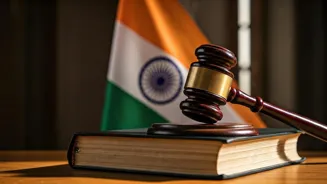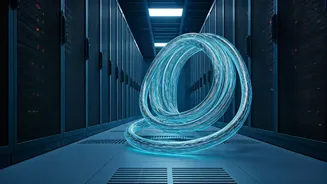In a significant ruling, the Supreme Court has addressed the issue of prolonged delays in criminal cases, recognizing the undue suffering caused to individuals
involved in the Indian judicial system.
Justice Delayed, Suffered
The Supreme Court's recent statement underscores the critical impact of delays within the Indian legal framework. The Court rightfully acknowledged the emotional and mental hardship, effectively making the prolonged litigation a form of suffering. This resonates deeply with the Indian ethos, where quick justice is often sought.
The Burden of Waiting
The Court's viewpoint brings to light the hardships faced by those entangled in lengthy criminal proceedings. For the accused, the uncertainty and prolonged trial can cause significant stress. For the victims, justice delayed is justice denied, affecting their peace and well-being. This is a common sentiment in India.
Impact on Families
Prolonged cases not only impact the individuals directly involved but also their families, causing financial strain and emotional distress. In a society like India, where family plays a central role, the ripple effects are significant, further amplifying the challenges and suffering experienced.
Toward Swift Justice
The ruling from the Supreme Court is a step towards recognizing the need for efficient and timely dispensation of justice in the country. The Indian legal system needs reforms to expedite trials and reduce the burden on the judiciary and the people affected by the case. This is crucial.
A Call for Action
The Supreme Court's observation serves as a call to action for judicial reforms and the speeding up of legal processes. This involves technological advancements and a commitment to clearing the backlog of cases, thereby ensuring that justice isn't just served, but also served promptly, for the people of India.













